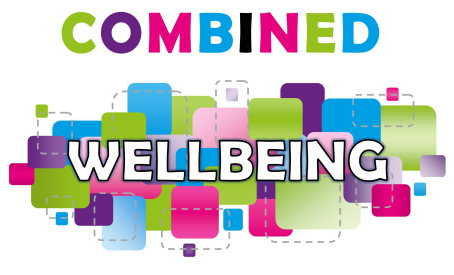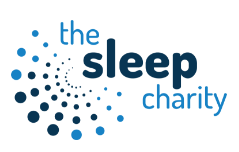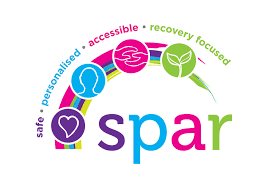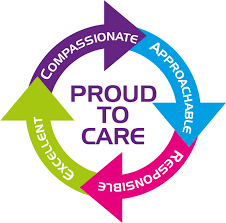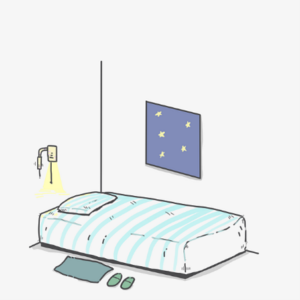Sleep

Information
Here you’ll find answers to some common questions concerning your sleep.
Select the underlined questions below to see more.
 Sleep helps both our body and brain work properly. It gives our body time to rest and repair and gives our brain a chance to process everything we’ve seen, felt and learned during the day.
Sleep helps both our body and brain work properly. It gives our body time to rest and repair and gives our brain a chance to process everything we’ve seen, felt and learned during the day.
When we don’t get enough sleep, it can be really hard to get up in the morning. It can also affect how we think — making it harder to concentrate, remember things, or solve problems. Poor sleep can impact our emotions too, leaving us feeling grumpy, frustrated, or more easily upset. When we’re tired, it’s harder to deal with stress or use helpful coping strategies to manage our feelings.
Sleep is also important for growth and development. Our bodies and brains change as we get older and so does the amount of sleep we need.
Everyone’s a bit different, but in general, children need about 9–11 hours of sleep each night and teenagers need around 8–10 hours.
 Struggling to fall asleep from time to time is completely normal—especially if you’re feeling worried or excited about something happening the next day.
Struggling to fall asleep from time to time is completely normal—especially if you’re feeling worried or excited about something happening the next day.
But if you’re having trouble falling asleep or staying asleep most nights, it can start to affect how you feel and function during the day.
There are lots of reasons people might struggle with sleep. Some common ones include:
- Doing very stimulating or exciting activities in the evening, like gaming or chatting with friends
- Using screens (like phones, tablets or TVs) just before bed
- Going to bed and waking up at very different times each day—for example, staying up really late on Friday or having long lie-ins at the weekend
- Eating too much sugar close to bedtime
- Drinking a lot of caffeine during the day (this includes energy drinks, tea, coffee or fizzy drinks)
- Feeling stressed or worried—this might be about things going on in life, or even worries about not getting enough sleep
Sleep hygiene means building healthy habits that help us sleep well.
There are lots of small, simple changes we can make to improve our sleep and feel more rested.
Good sleep hygiene includes:
- Keeping a consistent bedtime and wake-up time – even at the weekend
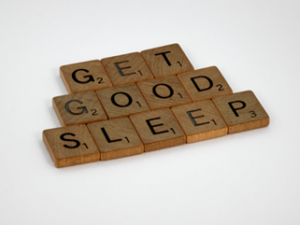
- Creating a calm and comfortable sleep environment – quiet, dark and not too hot or cold
- Having a relaxing wind-down routine before bed – like reading, gentle stretching or listening to music
- Avoiding screens and stimulating activities, such as gaming or homework, for at least an hour before sleep
- Limiting caffeine and sugar – especially in the afternoon and evening
Your morning routine matters too! Getting lots of daylight early in the day helps reset your body clock, which controls your natural sleep and wake cycle. This tells your brain that it’s time to be alert during the day and helps you feel sleepy at night.
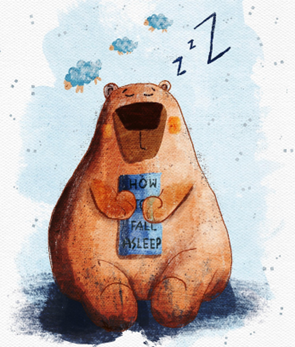 A good bedtime routine helps you feel calm, relaxed, and ready for sleep.
A good bedtime routine helps you feel calm, relaxed, and ready for sleep.
Having a regular wind-down routine tells your brain and body that it’s time to start switching off. The goal is to feel sleepy before you get into bed, which makes it easier to fall asleep and helps your brain link being in bed with feeling tired.
Here are some simple steps you can try when creating your own bedtime routine:
- Start winding down at least one hour before you want to sleep
- Avoid screens – including phones, TVs, tablets, and computers
- Skip stimulating activities – like gaming, chatting with friends, studying or exercising
- Have a light snack or warm drink – but avoid caffeine and sugar
- Take a warm bath or shower if it helps you relax and change into comfy sleep clothes
- Try calming activities – like drawing, colouring, reading, puzzles or simple crafts
- Practise relaxation techniques – like deep breathing, mindfulness or gentle stretches
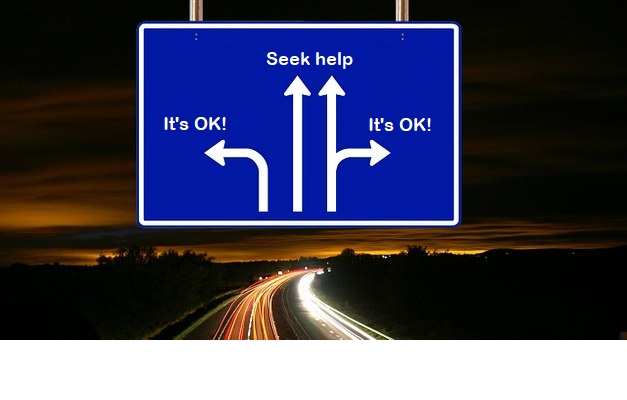
Coping with
- Set regular sleep and wake times
- Reduce screen time before going to bed
- Do something relaxing before bed like reading or a warm bath.
- Use an alarm clock instead of your phone, reducing temptation
- Write down to-do’s and worries then you can forget them until the morning.
If you’re struggling with sleep, here are some ideas that may help you cope:
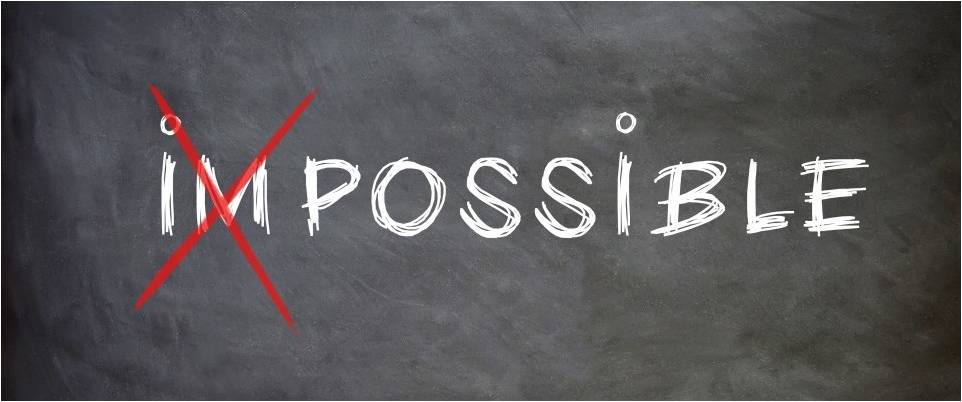
Finding help
Who can I talk to?
- Friends
- Family
- Someone you trust at school
- Youth worker
- Health professional (GP; Counsellor Nurse)
- Charities and Helplines
Select the underlined topics below to view what resources are available.
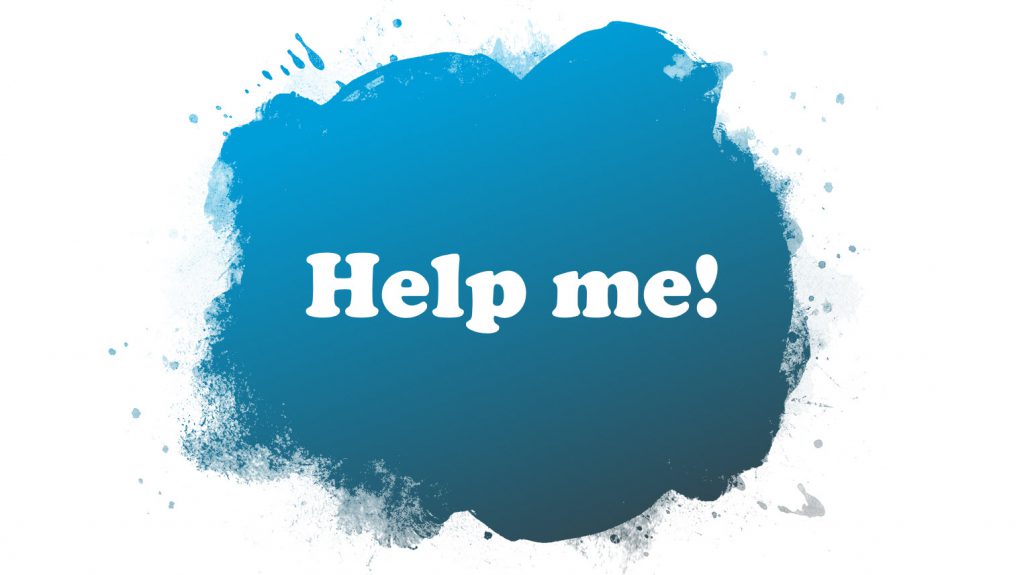
Getting more help
If you haven’t already found the help you’re looking for,
You can also make a referral to Mental Health Services by completing the online referral form
